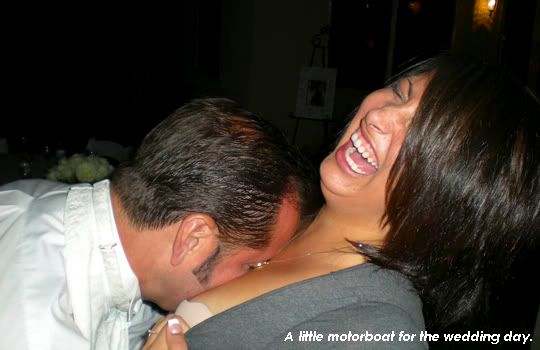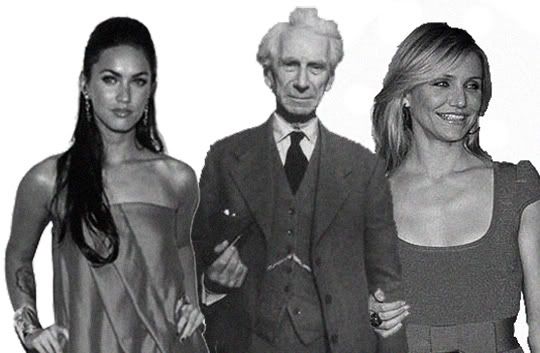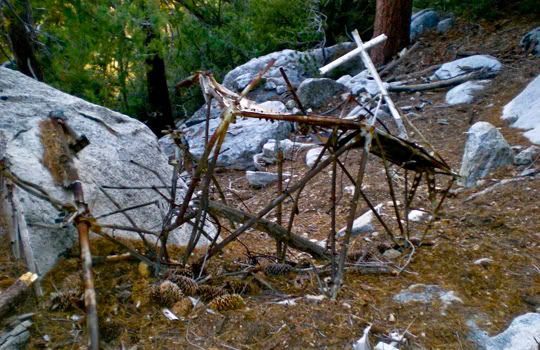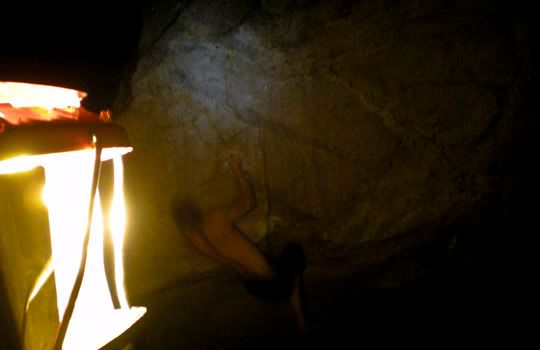
A case study in philosophy: close reading a passage from Saint Augustine's On Free Choice and the Will, and argument for free will:
“For we can deny that something is in our power only if it is not present even when we will it; but if we will, and yet the will remains absent, then we are not really willing at all. Now if it is impossible for us not to will when we are willing, then the will is present to those who will; and if something is present when we will it, then it is in our power. So our will would not be a will if it were not in our power. And since it is in our power, we are free with respect to it.”This isn't entirely transparent, to a large extent because of a large number of conditional sentences (if...then) and negations, but also due to the use of "will" as both a noun and a verb. Let's try to fix this and go at it again. For clarity, let's replace "to will" with "an act of will," and take "the will" to be either [1] the ability to have acts of will or [2] that in virtue of which we are able to have acts of will. Think of it either way, it doesn't make a difference for this passage. Again:
“For we can deny that something is in our power only if it is not present even when we have an act of will to the effect that it be present; but if we have an act of will, and yet the will remains absent, then we are not really having an act of will at all. Now if it is impossible for us not to have a will when we have an act of will, then the will is present to those who have an act of will; and if something is present when we have an act of will to the effect that it be present, then it is in our power. So our will would not be a will if it were not in our power. And since it is in our power, we are free with respect to it.”That's better, getting there. But now that we are clear on the distinction between acts of will and the will itself, let's look to the conclusion, that since the will is in our power, we are free with respect to it. We got here with the general claim in the beginning of the passage that "we can deny that something in in our power only if it is not present even when we have an act of will to the effect that it be present." This statement concerns "something," and the rest of the passage is showing that the will is one of the things that can fit in here.
So what of this power we have over the will? Augustine has in mind the power to make present, that is, the power to bring it about that the will is present through an act of will. Now the question is whether or not this type of power is enough to make us free with regard to the will. Yet the mere fact that I can make my will appear just by willing doesn't imply anything regarding whether or not I am free in terms of the content of my will. That requires a stronger power, something else that Augustine hasn't established - the power to not only make present my will by willing, but to also determine my will by willing. Unfortunately, this has other problems, like the potential for an infinite regress (are we then free with respect to our acts of will)?
I don't get it, why do people think philosophy is boring. I wanted to vomit for three hours yesterday as I painstakingly worked my way through this passage. History of Philosophy is not my favorite. It get's better though when you get those nugget little quotes, all from Augustine:
1. "Lord, give me chastity and continence, but not yet." I mean, who would want it now?
2. "Consent given in dreams to illicit sex is not sin." Rad, now I don't have to feel bad about this.
3. Something about musical farting being analogous to the control of bodily movements exhibited by Adam and Eve before the Fall. I couldn't tell you the details here, I got to grossed out and read over it quickly.



